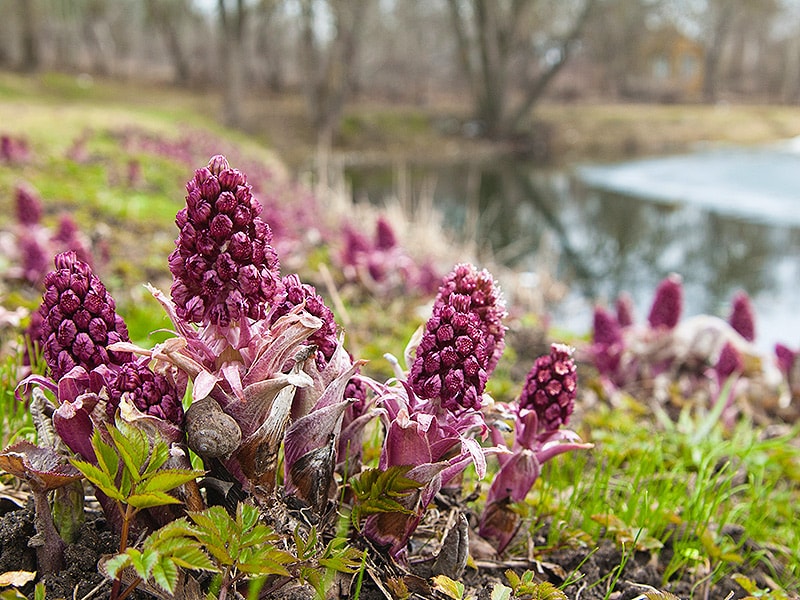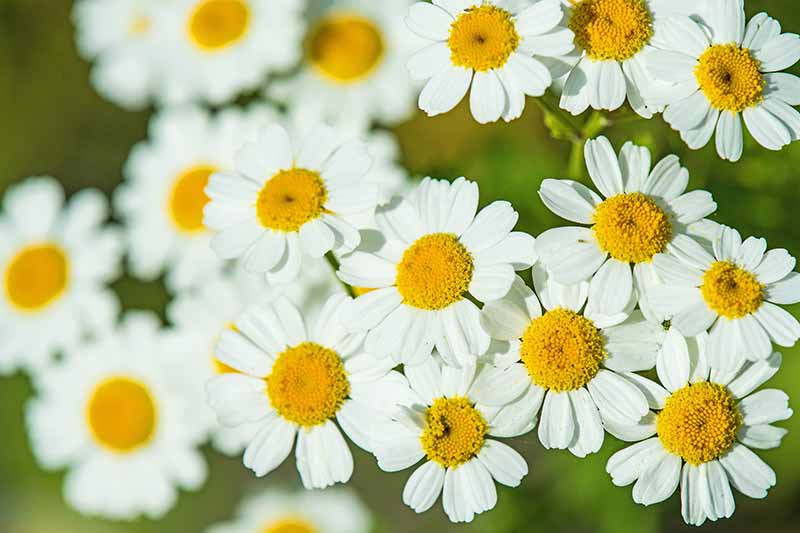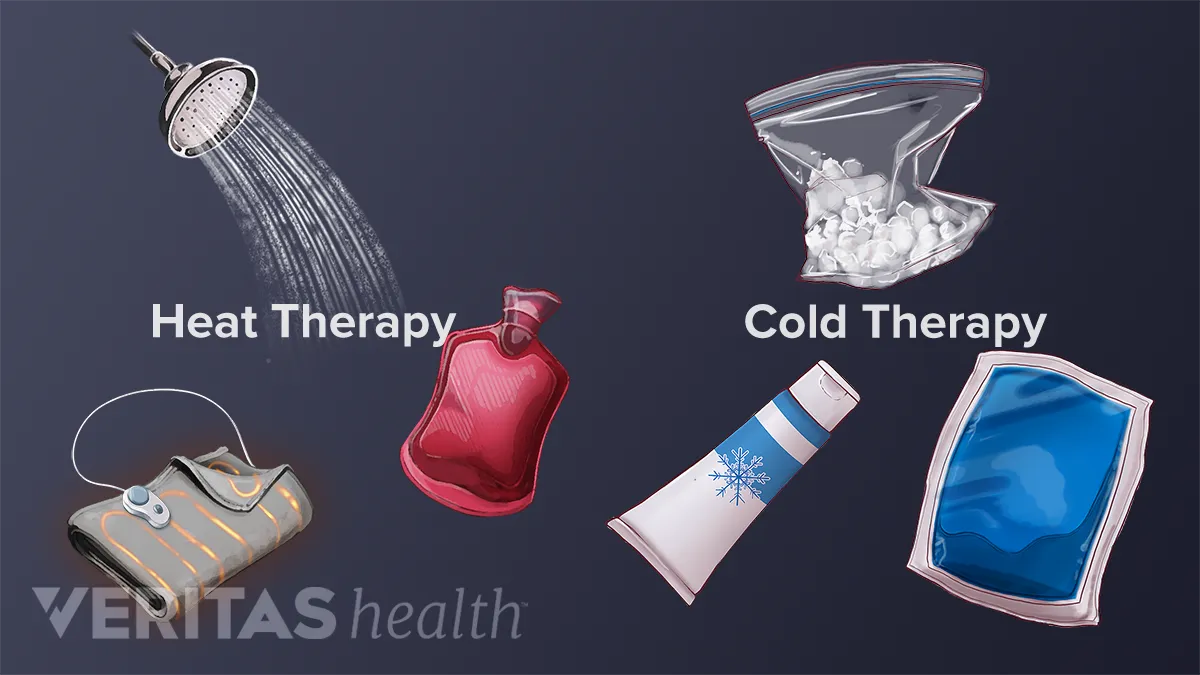Natural Remedies for Migraine Relief: Say Goodbye to Headaches!
Migraines are more than just your average headache. They can be debilitating, leaving you searching for relief. While medications can help manage the pain, there are also natural remedies that can provide effective relief from migraines. In this article, we’ll explore some holistic approaches to alleviating migraine symptoms, allowing you to regain control of your life without relying solely on pharmaceutical solutions.
Table of Contents
- Understanding Migraines
- What are Migraines?
- Common Triggers
- Lifestyle Changes for Migraine Prevention
- Managing Stress Levels
- Adequate Sleep
- Regular Exercise
- Hydration and Diet
- Importance of Hydration
- Migraine-Friendly Diet
- Herbal Remedies
- Butterbur
- Feverfew
- Essential Oils for Relief
- Lavender Oil
- Peppermint Oil
- Acupressure and Massage
- Pressure Points for Migraine Relief
- Neck and Shoulder Massage
- Yoga and Relaxation Techniques
- Yoga Poses to Relieve Tension
- Breathing Exercises
- Biofeedback and Mindfulness
- Understanding Biofeedback
- Practicing Mindfulness
- Cold and Heat Therapy
- Cold Compresses
- Warm Compresses
- Aromatherapy
- Using Aromatherapy for Migraine Relief
- Hydrotherapy
- Contrast Hydrotherapy
- Foot Soak
- Supplements for Migraine Prevention
- Magnesium
- Riboflavin (Vitamin B2)
- Caffeine and Migraines
- How Caffeine Can Help
- Moderation is Key
- Avoiding Common Triggers
- Identifying Personal Triggers
- Creating a Trigger Diary
- When to Seek Medical Attention
- Signs of a Severe Migraine
- Consulting a Healthcare Professional
Understanding Migraines
What are Migraines?

Migraines are intense headaches often accompanied by throbbing pain, nausea, and sensitivity to light and sound. They can last for hours or even days, significantly impacting daily life.
Common Triggers
Certain factors can trigger migraines, including stress, hormonal changes, lack of sleep, certain foods, and environmental factors.
Lifestyle Changes for Migraine Prevention
Managing Stress Levels

Stress is a common migraine trigger. Practicing relaxation techniques, such as meditation and deep breathing, can help manage stress and reduce the likelihood of migraines.
read more about Exploring Natural Remedies for Anxiety and Stress”
Adequate Sleep

Getting enough sleep is crucial for migraine prevention. Establishing a consistent sleep schedule and creating a relaxing bedtime routine can improve sleep quality.
Regular Exercise

Engaging in regular physical activity helps improve blood circulation and reduce the frequency and intensity of migraines. Aim for at least 30 minutes of exercise most days of the week.
Hydration and Diet

Importance of Hydration
Dehydration can trigger migraines. Drink an adequate amount of water throughout the day to stay properly hydrated.
Migraine-Friendly Diet
Certain foods like processed meats, aged cheeses, and artificial sweeteners can trigger migraines. Opt for a diet rich in whole foods, fruits, vegetables, and lean proteins.
Herbal Remedies
Butterbur

Butterbur is an herbal supplement that has shown promise in reducing the frequency of migraines. However, consult a healthcare professional before using it.
Feverfew

Feverfew is another herb that may help alleviate migraines. It’s available in supplement form and has anti-inflammatory properties.
Essential Oils for Relief
Lavender Oil
Lavender oil has calming effects and can be used in aromatherapy or diluted for topical application during a migraine attack.
Peppermint Oil
Peppermint oil, when applied to the temples and forehead, can provide a cooling sensation and help alleviate pain.
Acupressure and Massage
Pressure Points for Migraine Relief

Certain pressure points, like the space between the thumb and index finger, can provide relief when massaged.
Neck and Shoulder Massage

Tension in the neck and shoulders can contribute to migraines. Gentle massage in these areas can help relax the muscles.
Yoga and Relaxation Techniques

Yoga Poses to Relieve Tension
Yoga poses that focus on stretching and relaxation can help reduce muscle tension and alleviate migraines.
Breathing Exercises
Deep breathing exercises promote relaxation and can be done anywhere when a migraine strikes.
Biofeedback and Mindfulness

Understanding Biofeedback
Biofeedback techniques help you gain awareness and control over bodily functions, potentially reducing migraine intensity.
Practicing Mindfulness
Mindfulness meditation can improve your ability to cope with pain and stress associated with migraines.
Cold and Heat Therapy

Cold Compresses
Applying a cold compress to the forehead or neck can constrict blood vessels and provide relief.
Warm Compresses
Warm compresses can help relax muscles and ease tension, especially around the neck and shoulders.
Aromatherapy

Using Aromatherapy for Migraine Relief
Certain essential oils, such as lavender and peppermint, can be diffused or inhaled for migraine relief.
Hydrotherapy

Contrast Hydrotherapy
Alternating between hot and cold water in the shower can improve circulation and potentially reduce the severity of migraines.
Foot Soak
A warm foot soak with Epsom salt can help relax the body and alleviate headache symptoms.
Supplements for Migraine Prevention
Magnesium
Magnesium supplements may help reduce the frequency and severity of migraines, particularly in individuals with deficiencies.
Riboflavin (Vitamin B2)
Riboflavin supplements have been shown to decrease the number of migraines in some individuals.
Caffeine and Migraines
How Caffeine Can Help
Caffeine, in moderation, can provide relief by constricting blood vessels and boosting the effectiveness of pain medications.
Moderation is Key
Excessive caffeine intake, however, can lead to dependency and worsen migraines over time.
Avoiding Common Triggers
Identifying Personal Triggers
Keeping a migraine diary can help identify specific triggers, allowing you to avoid them in the future.
Creating a Trigger Diary
Record your activities, foods consumed, and environmental factors when migraines occur to pinpoint potential triggers.
When to Seek Medical Attention
Signs of a Severe Migraine
If you experience sudden, intense headaches or neurological symptoms like vision changes, consult a doctor immediately.
Consulting a Healthcare Professional
If your migraines are frequent and severe, or if natural remedies aren’t providing sufficient relief, consult a healthcare professional for personalized guidance.
Conclusion
Dealing with migraines can be challenging, but incorporating these natural remedies into your lifestyle can offer effective relief without relying solely on medications. Remember, each individual’s response to these remedies can vary, so it’s essential to find what works best for you.
FAQs
- Can I use essential oils directly on my skin during a migraine? It’s recommended to dilute essential oils with a carrier oil to prevent skin irritation.
- How long should I practice relaxation techniques before expecting results? Consistency is key. Practice relaxation techniques daily for a few weeks to see noticeable benefits.
- Can children also use these natural remedies for migraines? It’s advisable to consult a pediatrician before using any remedies on children.
- Are there any dietary changes specifically recommended for migraine sufferers? A diet rich in magnesium, riboflavin, and omega-3 fatty acids may be beneficial for migraine prevention.
- Can dehydration trigger silent migraines with aura? Dehydration can potentially contribute to various types of migraines, including those with aura. Stay hydrated to reduce the risk.










 Viesearch - The Human-curated Search Engine
Viesearch - The Human-curated Search Engine

75 Comments